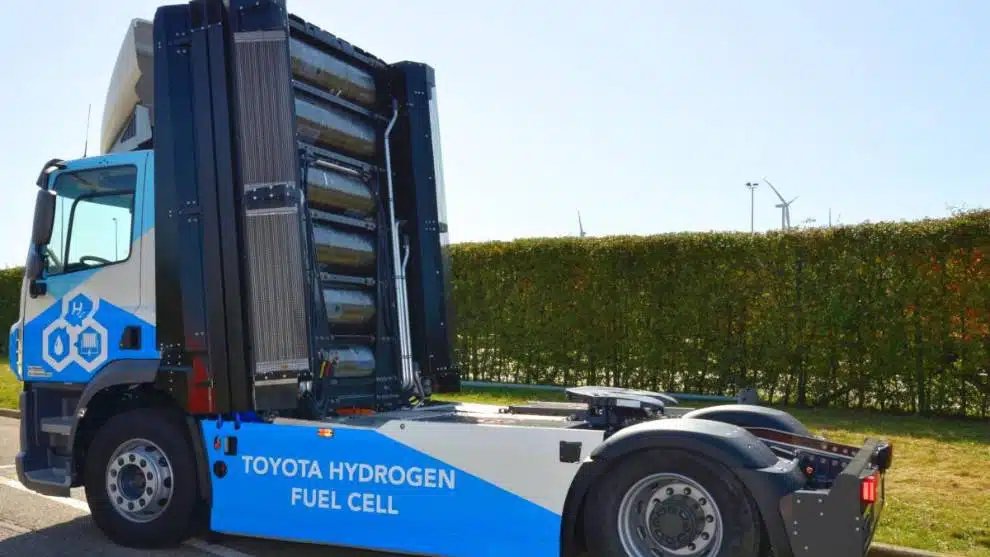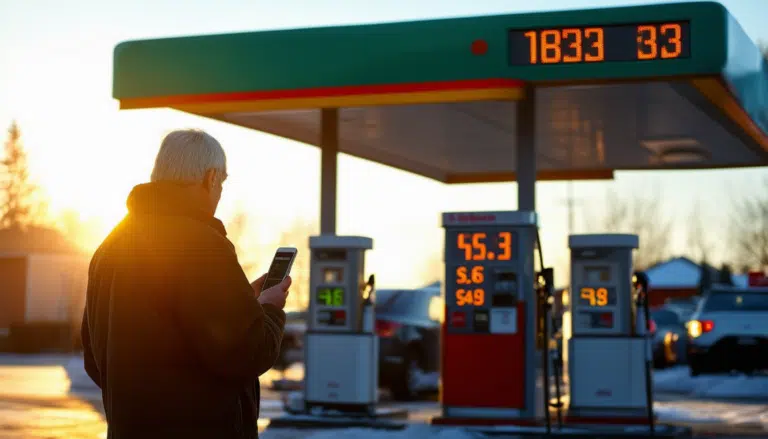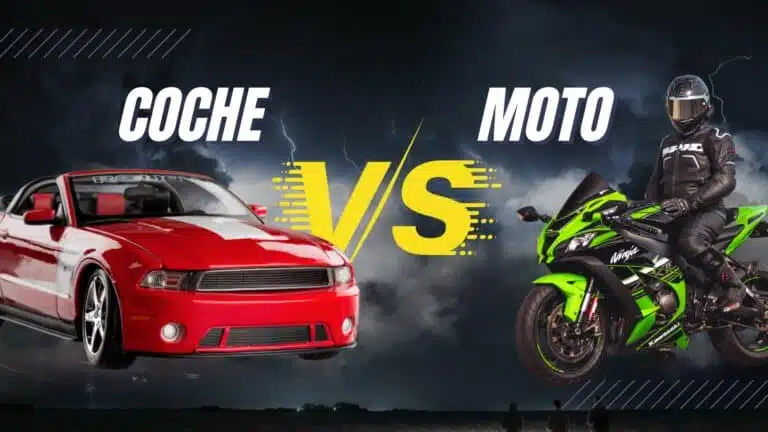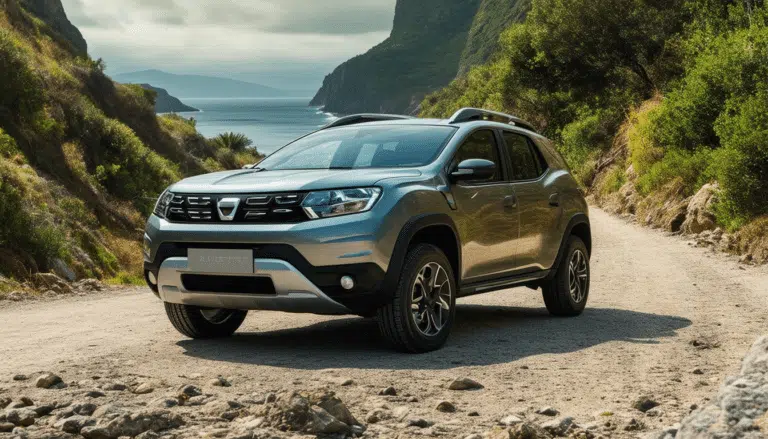Toyota reaffirms its commitment to hydrogen and will present its innovative FCEV fuel cell

Toyota continues to lead the way towards a more sustainable future by reaffirming its commitment to hydrogen as a key energy source. With the presentation of its innovative FCEV fuel cell (Fuel Cell Electric Vehicle), the Japanese company aims to accelerate the transition towards carbon neutrality. The system is designed not only for passenger cars but also extends to heavy commercial vehicles, railways, and boats, thus consolidating the role of hydrogen in various transport sectors.
Toyota, a leader in automotive innovation, has reaffirmed its commitment to sustainable energy by presenting its innovative hydrogen FCEV fuel cell. This advancement not only supports the company’s bet on hydrogen as a vital component for carbon neutrality but also promises to revolutionize the use of this fuel across a wide range of applications, from personal vehicles to industrial and maritime uses. Below, we will explore how Toyota is setting the stage for a cleaner and more efficient future, thanks to its hydrogen efforts.
Toyota and Its Commitment to Carbon Neutrality
For years, Toyota has been at the forefront of sustainable automotive technology, and its latest innovation in fuel cells is a compelling testament to its commitment. The company continues to view hydrogen as a comprehensive solution to achieve carbon neutrality. Through the development of FCEV hydrogen fuel cell systems, Toyota positions itself as an advocate for the shift towards cleaner and more efficient energy solutions.
Strategic Collaborations for the Future
To boost its hydrogen advancement, Toyota has established strategic alliances, such as its collaboration with BMW. This synergy is crucial for broadening the range of fuel cell vehicles that will be offered to the public. By working together, Toyota and BMW aim to create a more robust hydrogen ecosystem in the automotive industry. For more details about this alliance, you can visit their information available at BMW et Toyota officialisent leur alliance.
Versatile Applications of the New Technology
The Toyota FCEV fuel cell system is not limited to light vehicles. The brand’s intention is to diversify the use of this technology to include heavy commercial vehicles, trains, and boats. This versatility will allow hydrogen to become a viable solution for different sectors, helping to reduce carbon emissions on a larger scale.
Flagship Projects like the Toyota Hilux
One of the projects that exemplifies this commitment is the Toyota Hilux with hydrogen fuel cell. This project has progressed to its latest phase supported by the British government and reflects not only the potential of hydrogen but also the global interest in these innovations that have the potential to change the paradigm of emission-free mobility. For more information on other sustainable innovations, you can consult this detailed source at Innovaciones en vehículos sostenibles.
Key Markets and Future Commercialization
The new hydrogen fuel cell system from Toyota will debut in strategic markets such as Japan, Europe, North America, and China starting in 2026. This decision reflects a positioning aimed at influencing the major markets that are setting the pace in terms of sustainability and reducing the carbon footprint. Toyota is determined to lead this change with the introduction of clean and efficient technologies in these markets.
In conclusion, Toyota’s commitment to the development of hydrogen fuel cells marks a new chapter in the quest for a future with zero emissions and energy efficiency. This initiative strengthens Toyota’s position as a leader in sustainable innovation and its determination to transform the automotive sector towards a cleaner and more responsible model. To explore the implementation of sustainable technologies in the automotive industry, we invite you to visit Descubre el Interior de HORSE.
Unwavering Commitment of Toyota to the Future of Hydrogen
The commitment of Toyota to hydrogen and the introduction of its innovative FCEV fuel cell represent a significant milestone in the pursuit of a more sustainable future. The company has once again demonstrated its capacity to lead in the field of sustainable mobility, reaffirming its determination to contribute to the global goal of carbon neutrality. This new technology will not only benefit passenger cars but will also extend to a wide range of applications, including heavy commercial vehicles, railways, and boats.
The collaboration with governments and companies to promote hydrogen as a viable energy source is a testament to Toyota’s holistic approach to addressing environmental challenges. The third-generation fuel cell, expected to be available from 2026 in key markets such as Japan, Europe, North America, and China, symbolizes a crucial step towards integrating hydrogen into our daily lives. This is particularly relevant in times where reducing fossil fuel emissions has become a global priority.
On the other hand, the strategic partnership with BMW to expand the use of Fuel Cell technology in vehicles of both brands reaffirms the shared vision towards a structural change in the automotive industry. Through this alliance, Toyota aims not only to expand its range of fuel cell electric vehicles but also to establish new guidelines in building a sustainable energy ecosystem.
The fuel cell project of the Toyota Hilux is another example of how the company is driving this transformation. With the financial backing of the British government, this advancement underscores the importance of collaborations across sectors to achieve an effective transition towards a zero-emission world. Toyota’s ongoing dedication to innovation and clean energy sets an inspiring precedent for the industry and represents an unwavering commitment to the future of hydrogen.




